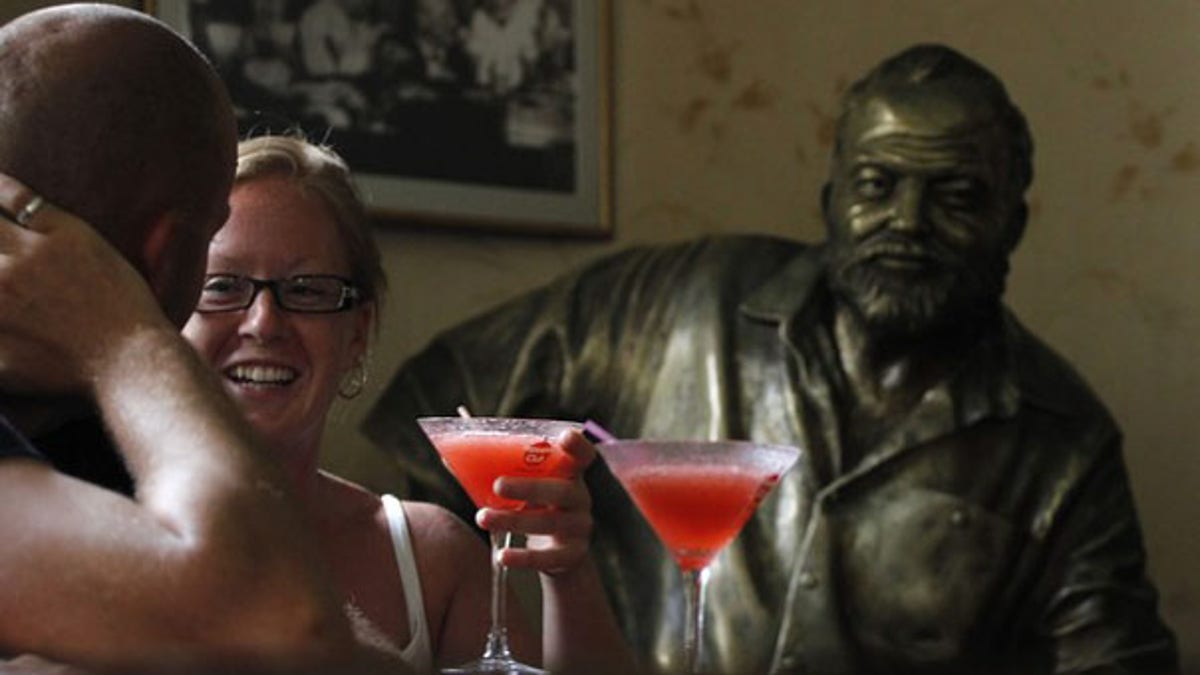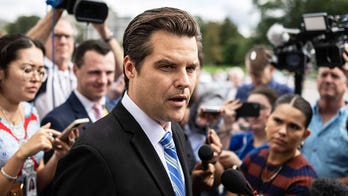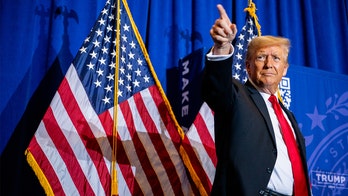
Tourists sit in front of their Daiquiris beside a life-size bronze statue of U.S. writer Ernest Hemingway at his regular spot at The Floridita bar in Havana. The Noble-prize winning writer spent considerable time in Cuba between 1940 and his death in 1961. REUTERS
Senators in both political parties are expressing confidence that they have enough votes in the Senate to lift the ban on American travel to Cuba, overturning a U.S. policy that has been in effect for nearly half a century.
Sens. Byron Dorgan, D-N.D., and Mike Enzi, R-Wyo., said Thursday they intend to push their legislation eliminating the travel ban in the remaining weeks of the legislative session after a House committee voted a day earlier to approve its version of the bill, the latest in a string of attempts to ease restrictions against the island.
"It makes no sense to punish the American people by restricting their right to travel simply because our country is trying to punish the Cuban government," Dorgan said in a written statement.
"Decades of the same policy will get you the same result," Enzi said. "We're hopefully about to change that and open up a new world for the people of Cuba. One of our most valuable exports is the export of ideas and Cuba is a hungry market."
The House Agriculture Committee voted 25-20 to allow travel to Cuba and make it easier to sell U.S. agricultural exports there. Farm-state members of Congress have long supported expanding opportunities to sell food to the island.
But Sen. Robert Menendez, D-N.J., said the fact that a travel bill is going through an agriculture committee suggests the measure is not aimed at altruistic goals of freeing the Cuban people from repression.
The big corporate interests behind this bill couldn’t care less about whether the Cuban people are free or not -- they only care about padding their profits by opening up a new market," Menendez said. "The rest of the world travels to and invest in Cuba, none of which has brought democratic change."
Similar measures have died in the House or Senate in recent years as opponents have argued that lifting the ban could prop up Cuba's communist-run government. The country recently has been weakened by the global economic crisis, a sustained drop in revenues from tourism and natural resources and by three hurricanes that caused billions of dollars in damage two years ago.
"Lifting the travel ban would inject millions of dollars into the Cuban government at a time when the Castro regime is on the ropes," said Republican Rep. Tom Rooney, a member of the panel who voted against the measure.
"We all support the right of the Cuban people to live in freedom, and the United States continues to be a beacon of hope and opportunity for oppressed people around the world. But appeasing the Castro Brothers with a bailout of U.S. tourist dollars is not the way to bring democracy to Cuba," said Rep. Connie Mack, R-Fla., one of the most vocal critics in the House about the Cuban dictatorship.
The House Foreign Affairs and Financial Services committees may also consider the legislation before it moves to the House floor, however they could waive their jurisdictional authority.
A State Department spokesman would not say whether the Obama administration will support the legislation.
"Congress' addition to the robust discussion on the future of Cuba is healthy and an example of the democratic process that we would like to see in Cuba," said department spokesman Mark Toner.
President Obama has relaxed restrictions on family travel to Cuba but has said he will not support lifting general sanctions until the Cuban government improves human rights and political freedoms.
Dorgan crafted a law nearly a decade ago that opened up agricultural sales to Cuba. Dorgan said he working to overturn actions taken by the Bush administration to further restrict those sales.
"The nearly 50-year embargo and travel ban restricting Americans' right to travel to Cuba has been a failure," Dorgan said. "The quickest way to bring democracy to Cuba is through travel and trade. Just as has been our policy with China, Vietnam and other communist countries, we should allow Americans to travel freely to Cuba."
The Associated Press contributed to this report.




